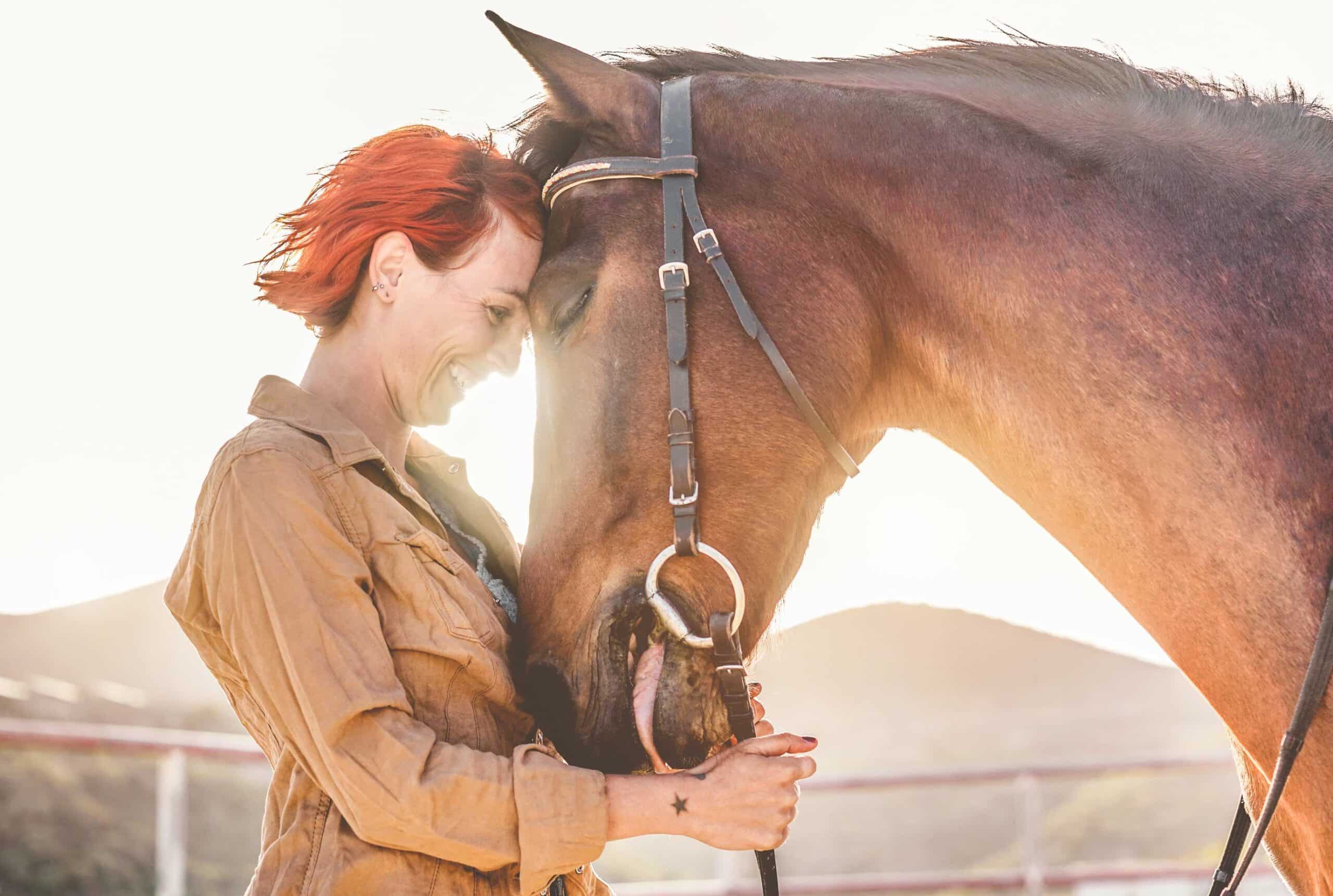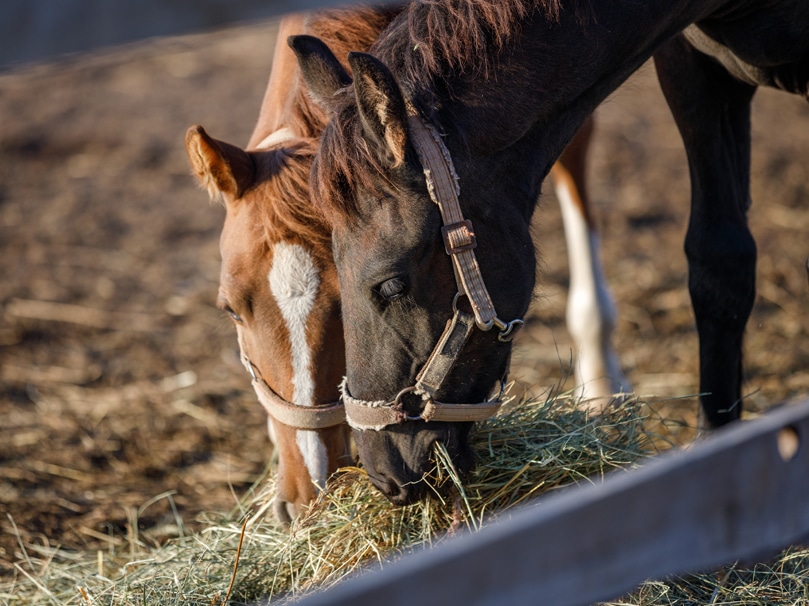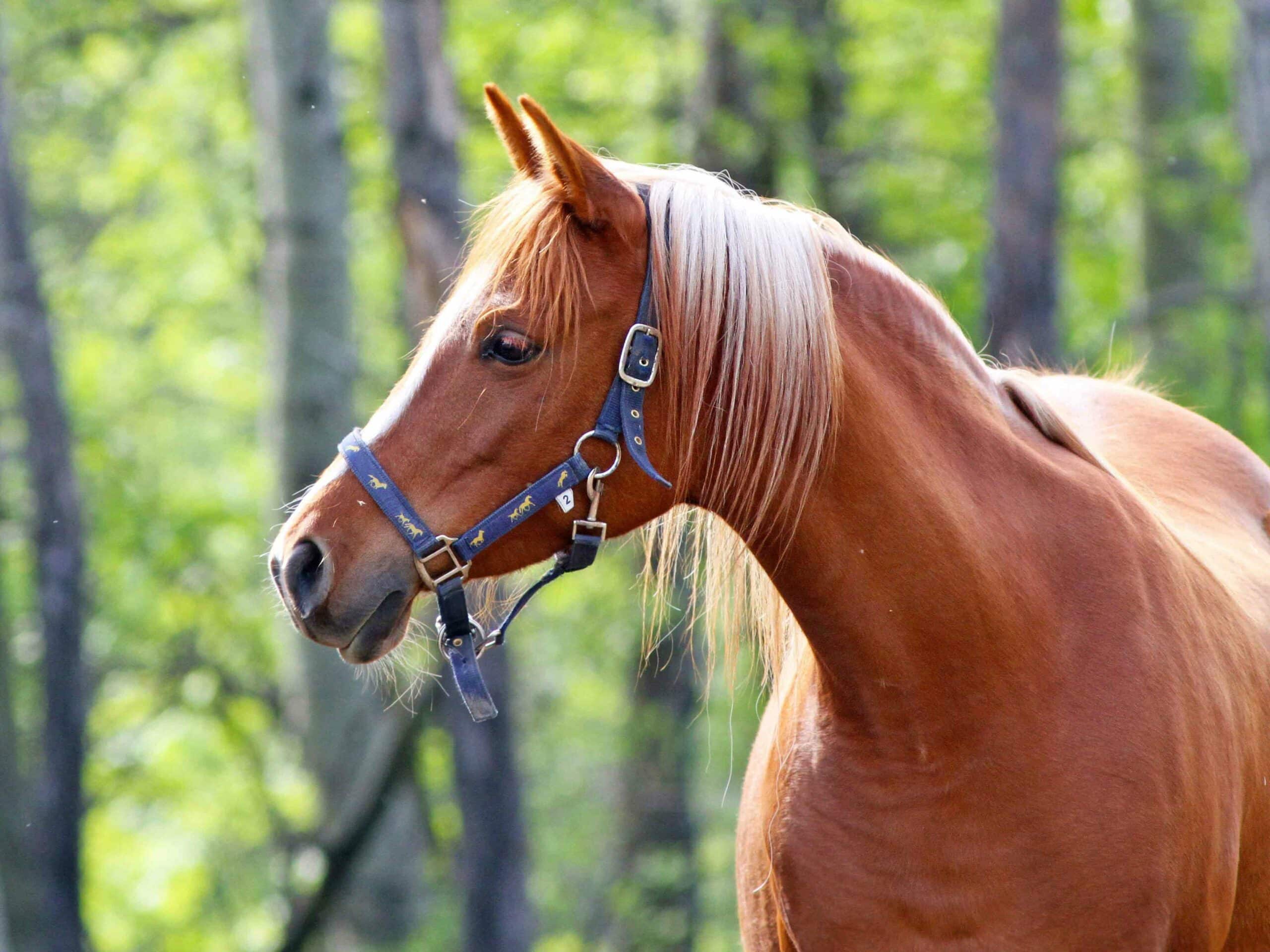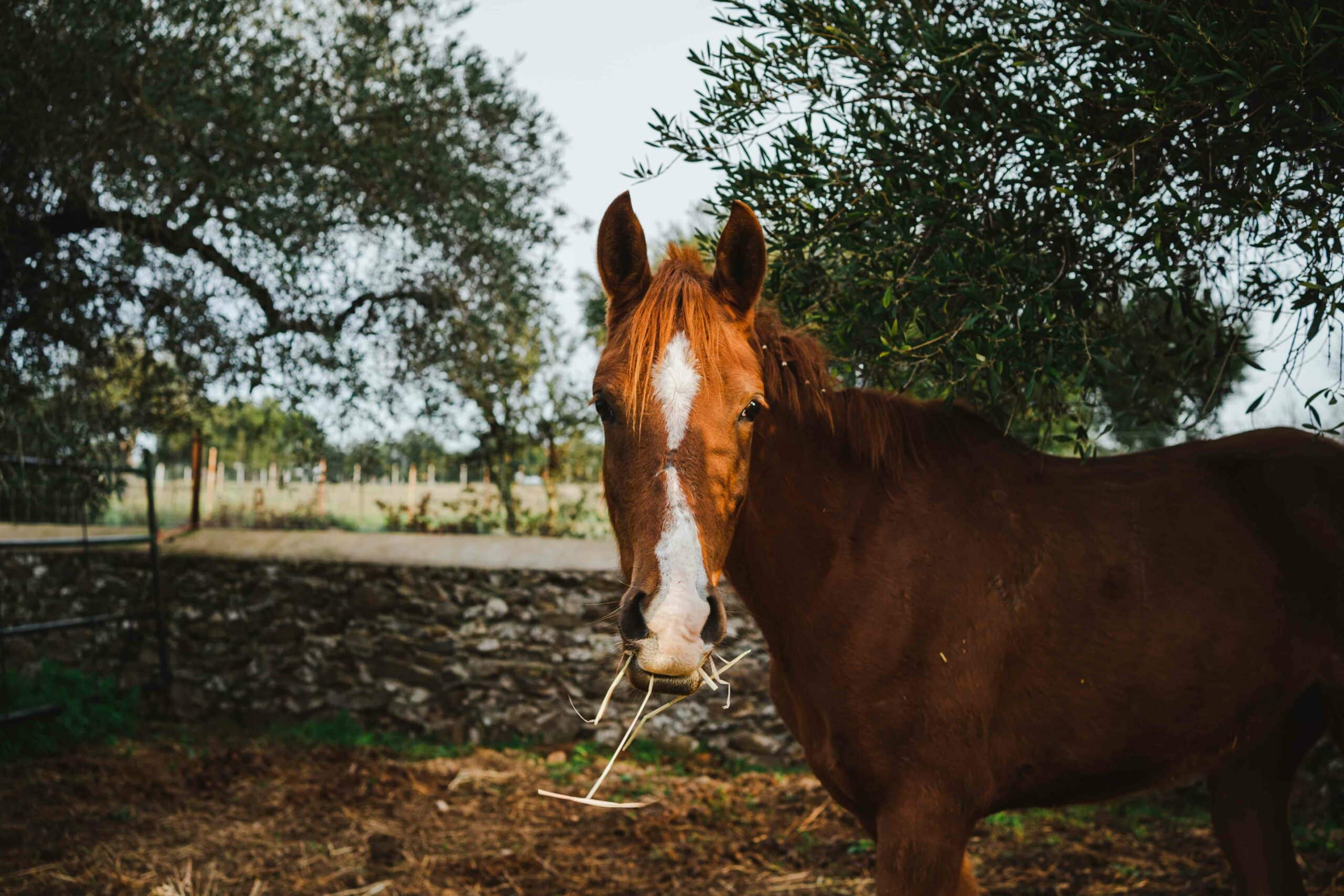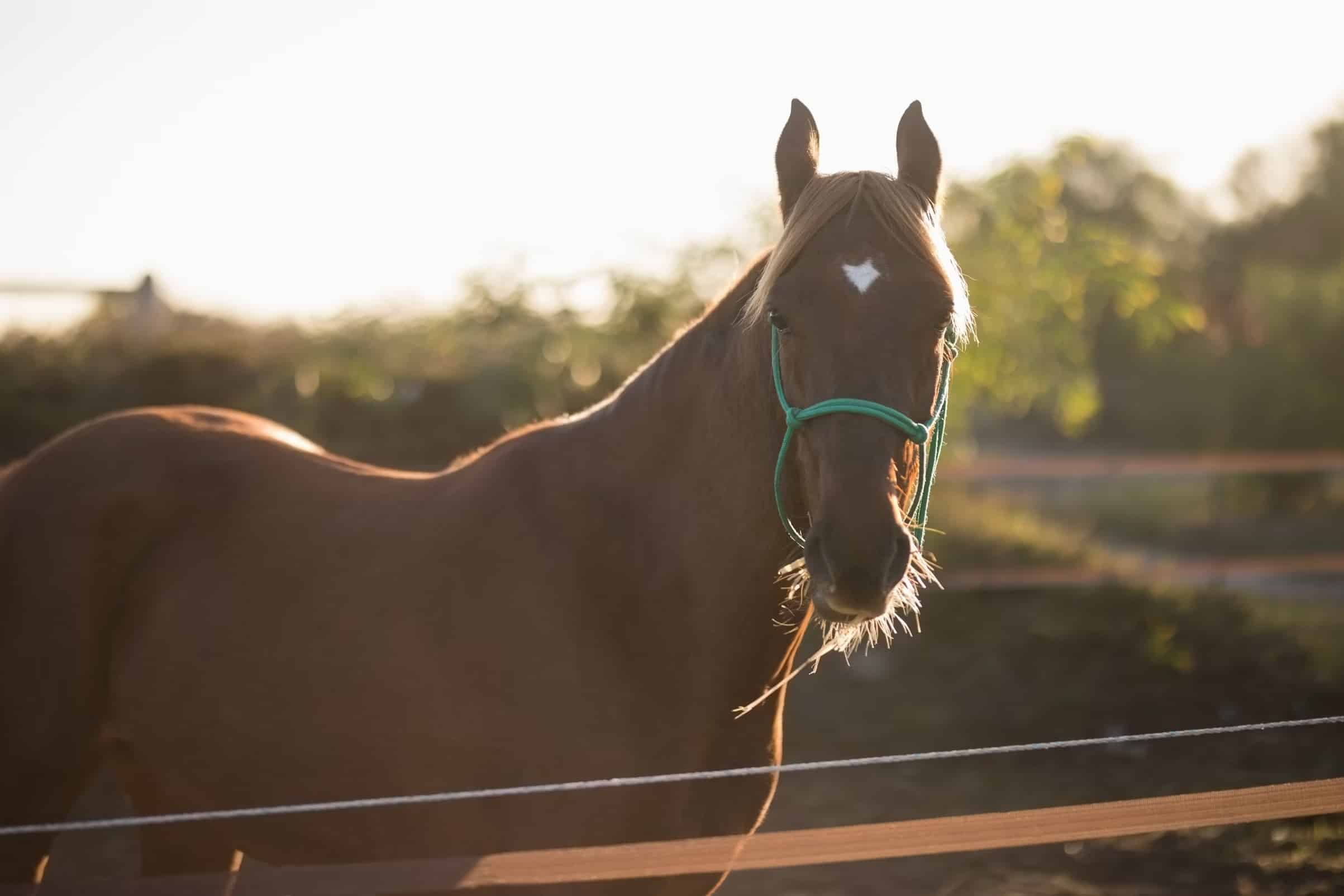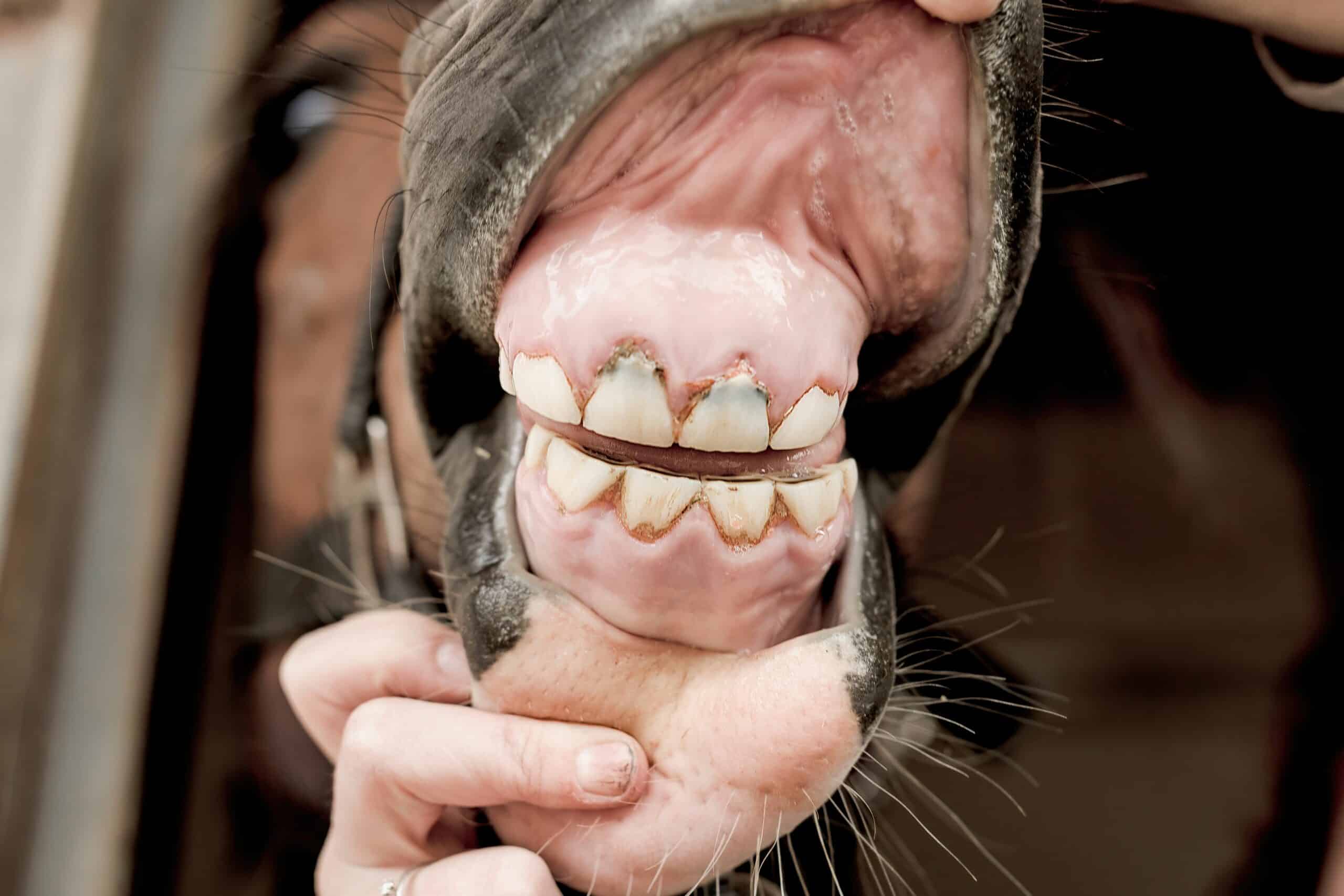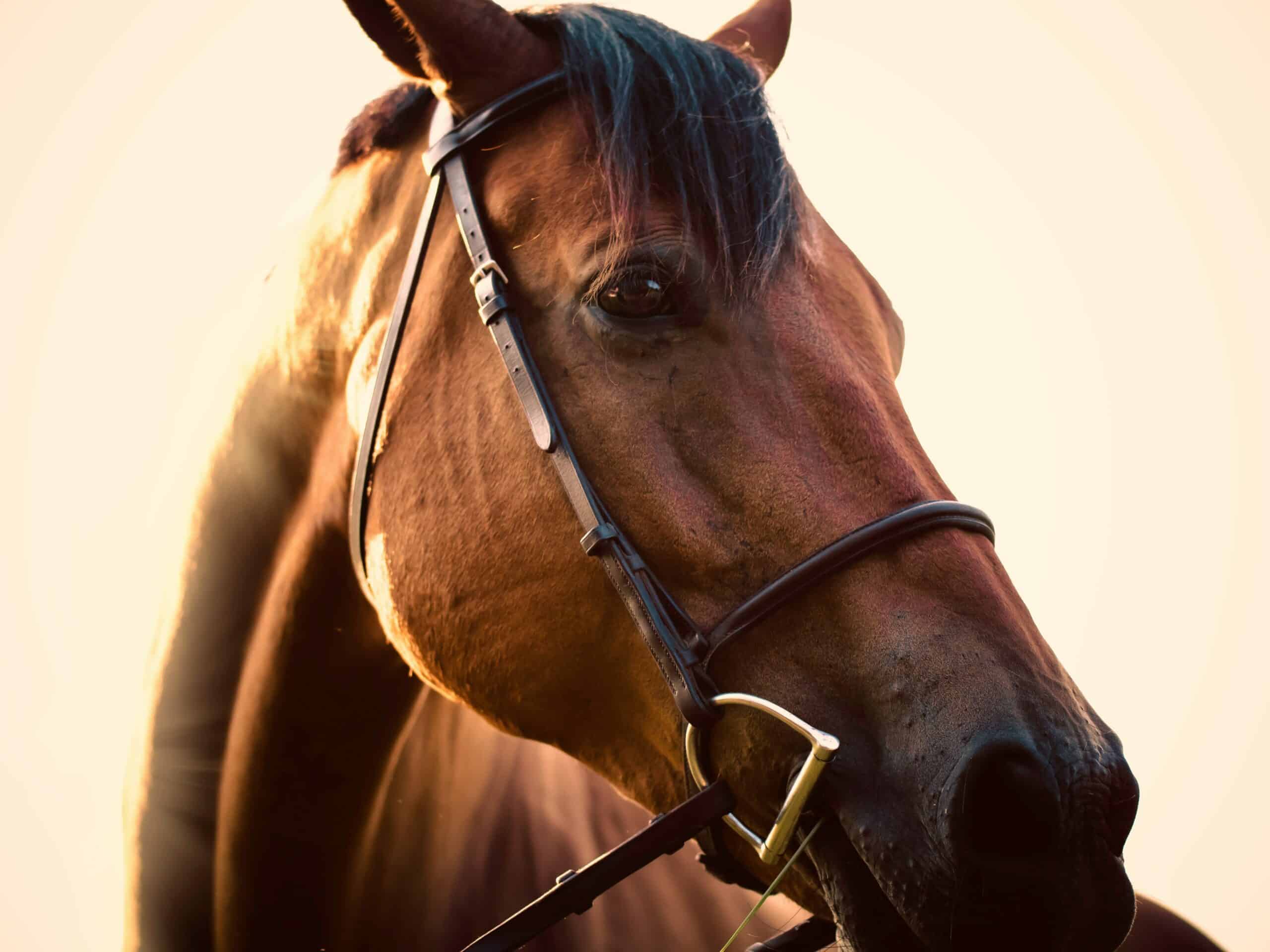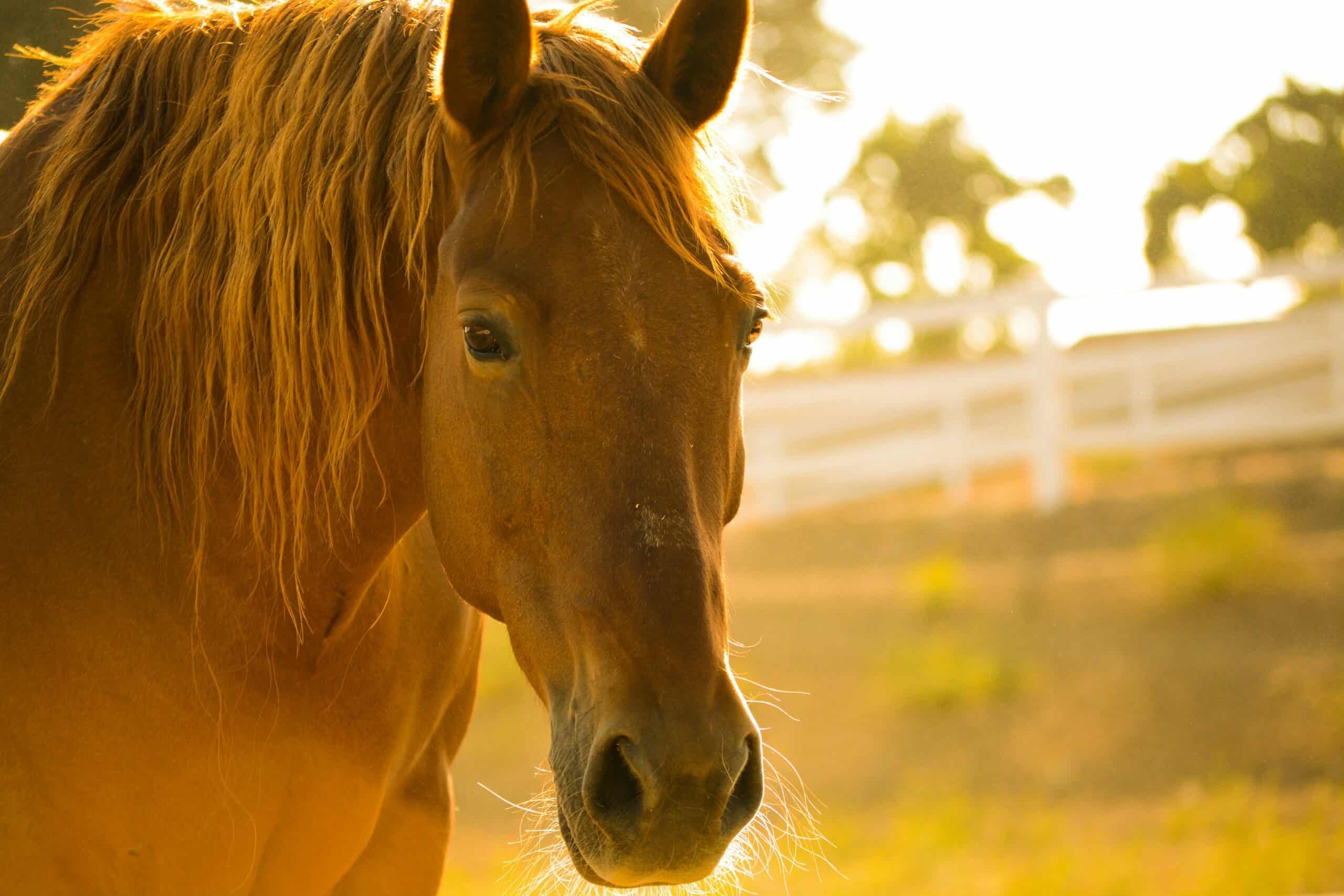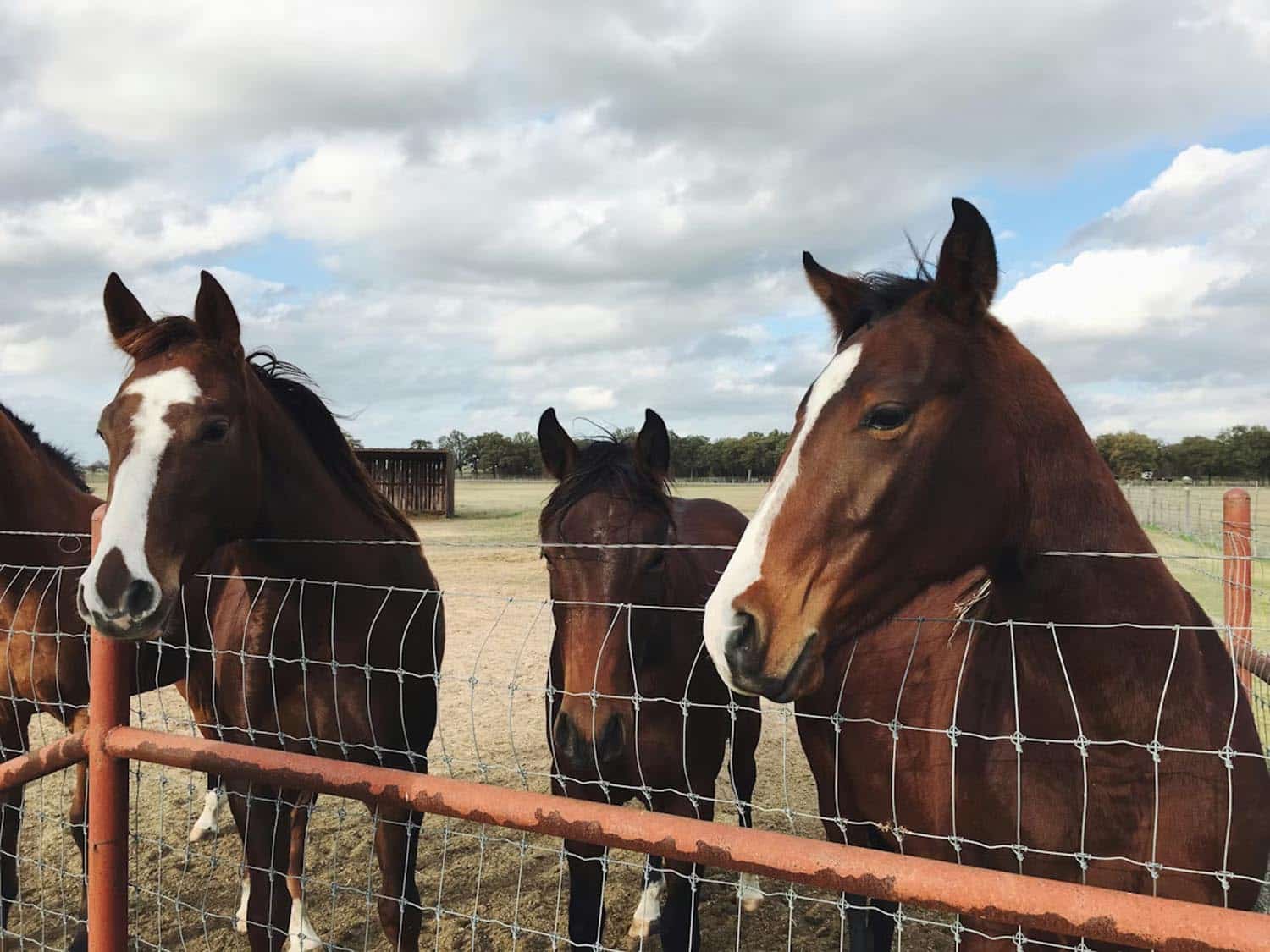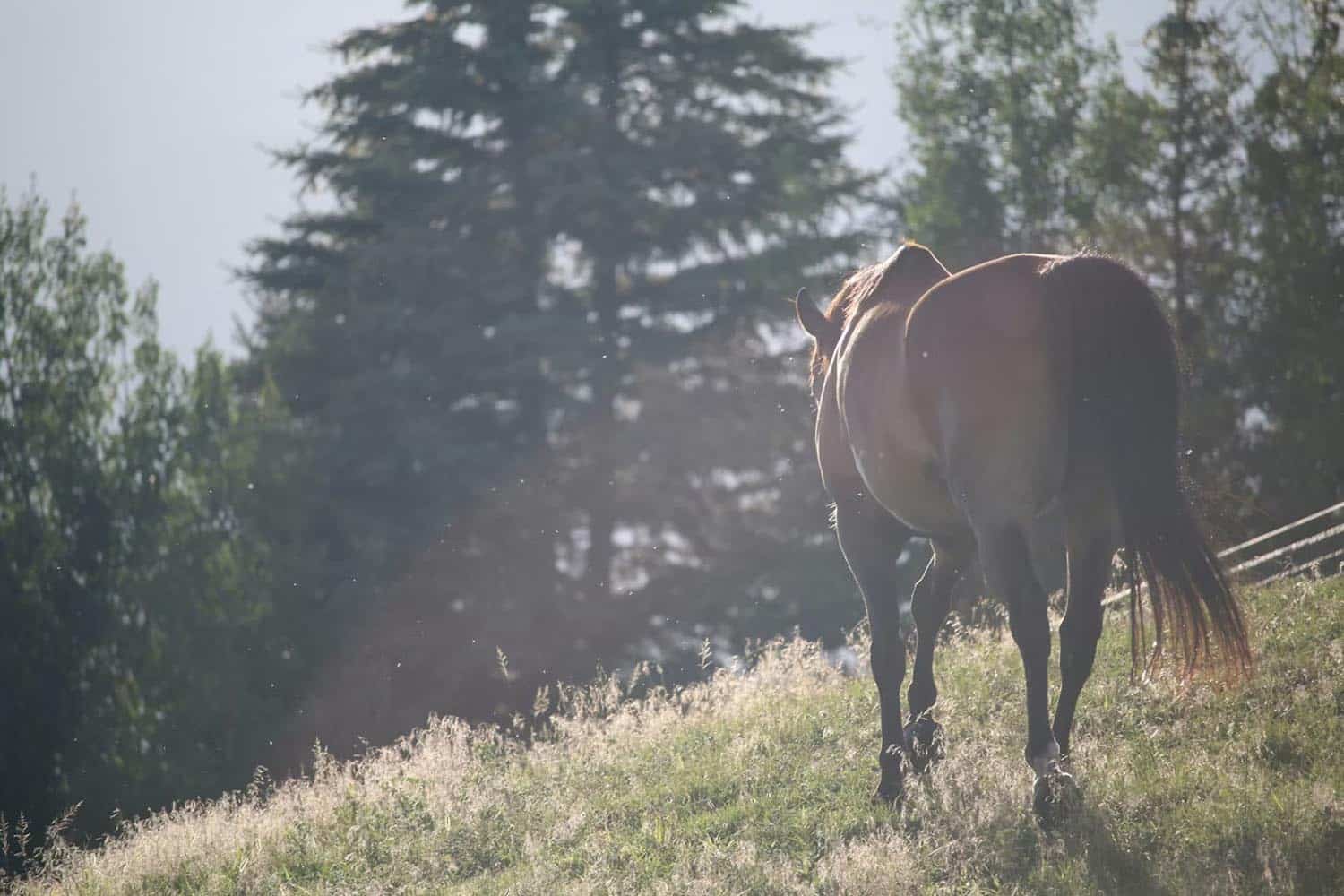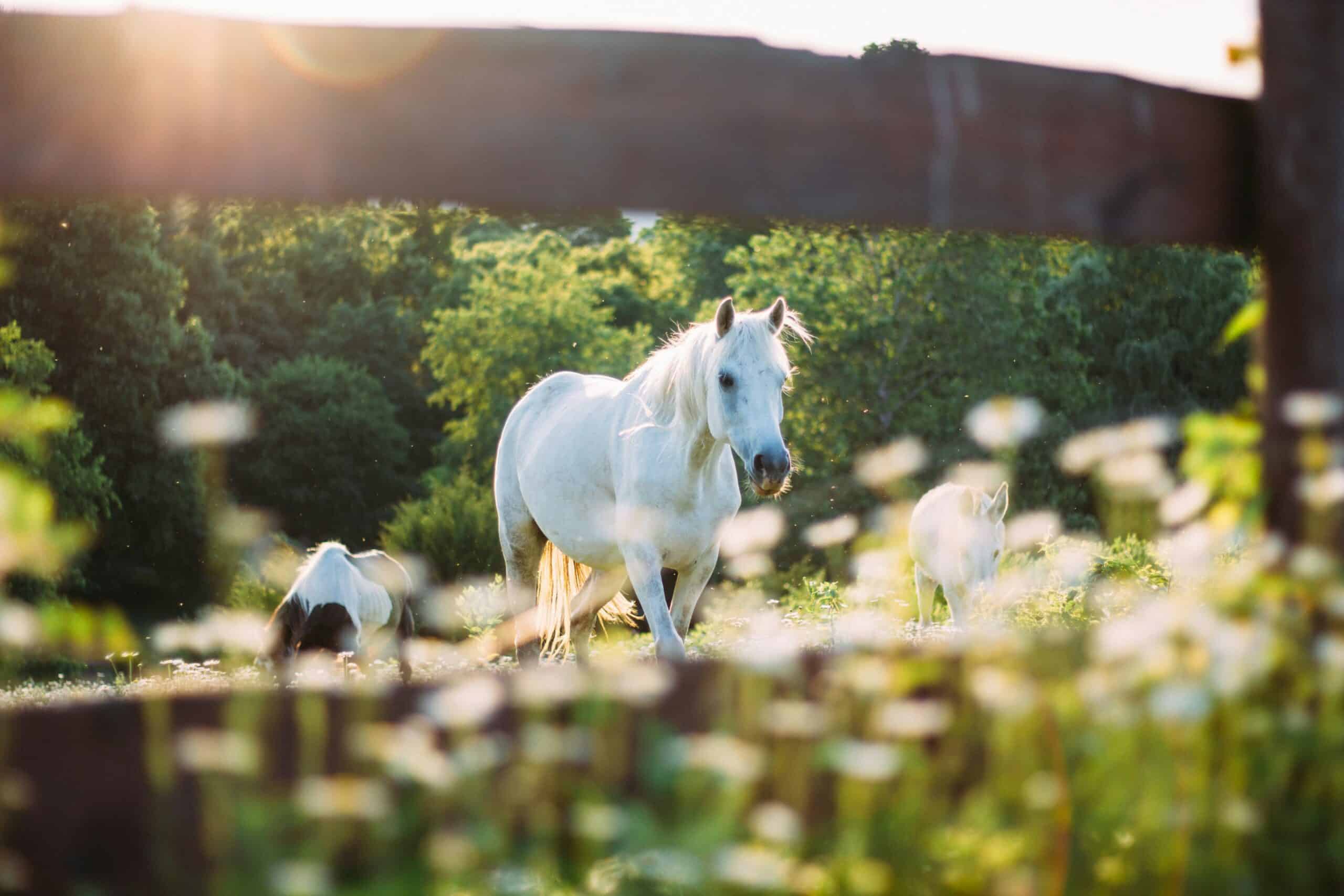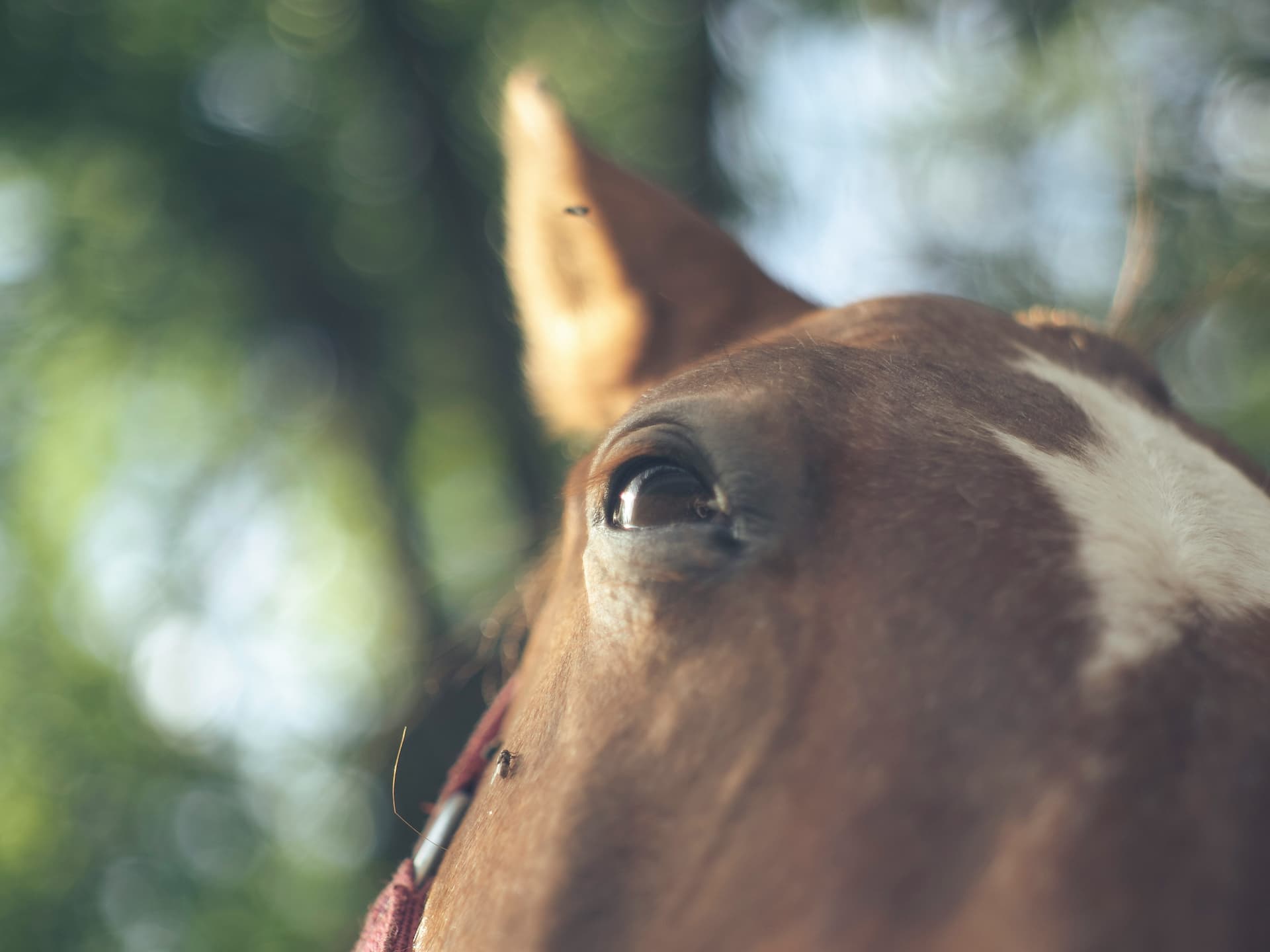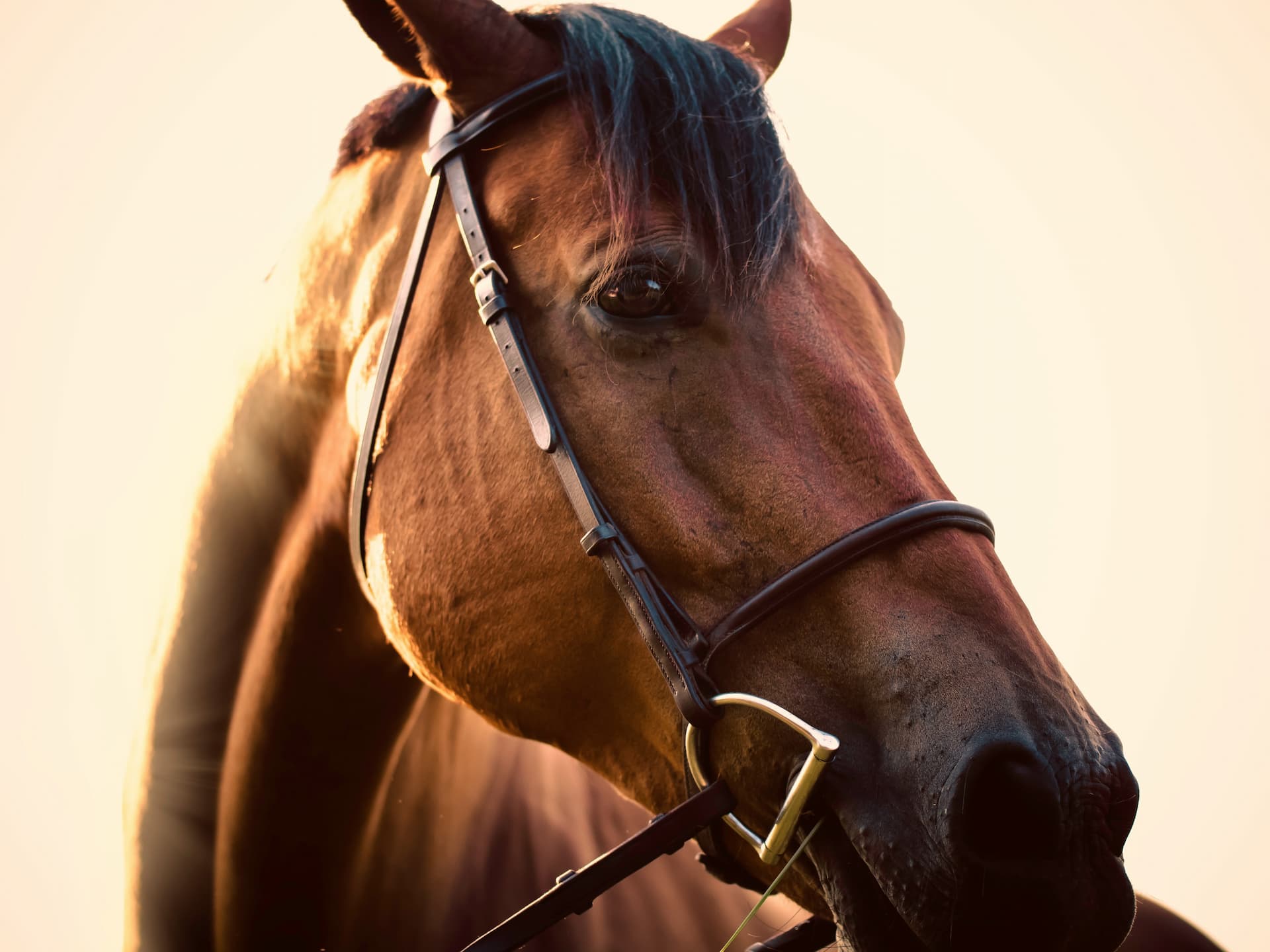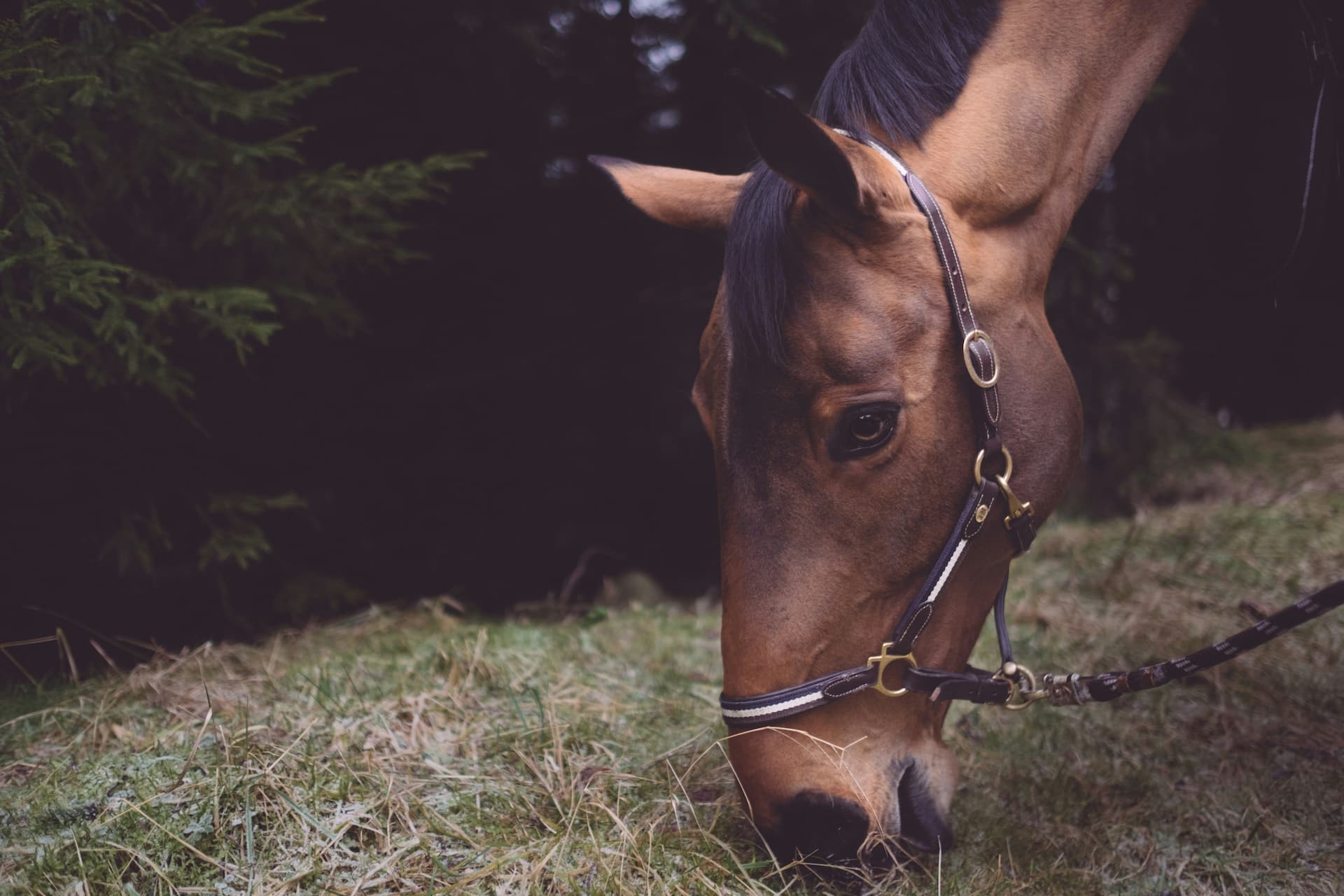
Summer Horse Care 101: Keeping Your Horse Safe in Hot Weather
Sunny skies, long trail rides, and open pastures—summer can be a beautiful time to enjoy life with your horse. But with the heat comes added responsibility for every horse owner. High temperatures, increased insect activity, and the risk of dehydration all pose serious threats to equine health during the warmer months. With a few preventative steps and an eye for early warning signs, you can keep your horse safe and comfortable all summer long.
Here’s your go-to guide for navigating the season with confidence.
Recognizing the Signs of Heat Stress
Horses are sensitive to heat, and when temperatures rise, their cooling systems can get overwhelmed—especially when paired with humidity. Knowing the signs of heat stress can help you act quickly before the situation becomes dangerous.
Watch for these signs:
- Excessive sweating or lack of sweating (anhidrosis)
- Lethargy or unwillingness to move
- High respiratory rate or rapid breathing
- Irregular heartbeat
- Weakness or stumbling
- Dark urine or reduced urination
If your horse displays any of these symptoms, move them to a shaded or cool area immediately and offer fresh water. Contact us right away, especially if symptoms worsen or don’t improve quickly.
Hydration Is Everything
Water is your horse’s best defense against summer’s heat. A mature horse can drink 5 to 15 gallons of water per day under normal conditions—and much more during hot weather or after exercise.
Tips to keep your horse hydrated:
- Provide clean, cool water at all times. Use shaded water troughs if possible to keep the temperature down.
- Clean water buckets and troughs daily to prevent algae and mosquito larvae.
- Consider electrolyte supplements—especially if your horse is sweating a lot or in active work.
- Offer salt blocks or loose salt to encourage water intake.
If your horse isn’t drinking enough, try flavoring the water with a splash of apple juice or adding soaked hay cubes to their diet.
Shade and Shelter Matter More Than You Think
A shady spot can make a huge difference in your horse’s comfort. Without it, they’ll have no place to escape the sun’s relentless rays, which can lead to overheating or sunburn.
Here’s how to offer smart summer shelter:
- Provide shade in pastures with trees, run-in sheds, or portable shelters.
- Keep horses inside during the hottest part of the day (typically 11 a.m. to 4 p.m.) and turn them out during early mornings or evenings.
- Ensure barns and stables are well-ventilated. Use fans safely to promote airflow.
Fans should be mounted securely, kept away from water, and designed for agricultural use—not standard household models.
Fly Control and Skin Protection
Insects can make your horse miserable in summer. Beyond being a nuisance, flies and mosquitoes can spread disease, cause painful bites, and lead to skin infections or allergic reactions.
Protect your horse with these tools:
- Use vet-approved fly sprays or spot-ons—look for ones that repel AND kill insects.
- Outfit your horse with fly masks, fly sheets, and leg wraps for full-body protection.
- Clean stalls and paddocks frequently to reduce breeding grounds for flies.
- Apply sunscreen to pink-skinned areas like the nose and around the eyes to prevent sunburn.
- Consider installing fly control systems like fly predators or automatic sprayers in barns.
Light-colored or light-skinned horses are more prone to sunburn, so they may need extra attention during peak sun hours.
Smart Summer Exercise Tips
Your horse still needs exercise during summer—but planning your rides wisely can help prevent overheating and injury.
Keep these tips in mind:
- Ride early in the morning or later in the evening when it’s cooler.
- Keep sessions shorter during extreme heat and focus on light work.
- Always walk your horse at the end of exercise to cool them down slowly.
- Hose your horse down with cool (not ice-cold) water after a workout and scrape the water off to aid cooling.
- Never trailer a hot horse—always cool down first.
- Consider equine acupressure to help assist with mobility
If you compete during summer, work with your veterinarian to develop a hydration and recovery plan that keeps your horse performing safely.
When to Call the Vet
Even with the best care, horses can develop health issues in the heat. It’s important to know when professional help is needed.
Call your vet if you notice:
- Signs of colic (rolling, pawing, looking at the flank)
- Refusal to eat or drink
- Persistent high temperature
- Signs of dehydration (skin tenting, dry gums, dark urine)
- Trouble breathing or extreme fatigue
Regular summer wellness exams can also help catch problems early and ensure your horse is protected with seasonal vaccinations and deworming.
Stock Up on Summer Horse Essentials
Preparing ahead can make a big difference. Make sure your tack room or trailer is stocked with the basics:
- Electrolyte supplements
- Fly sprays and masks
- Sunscreen for horses
- Salt blocks
- A reliable thermometer
- Cooling blankets or water buckets for travel
You can find many of these products through our online store.
Summer Should Be Fun—And Safe
Your horse deserves a safe, happy summer—and we’re here to help make that happen. Whether you need help managing hydration, fly control, helping your horse heal from an injury, or creating a summer exercise plan, our team at Shalako K Veterinary Medicine is ready to support you.
Schedule a seasonal wellness check or talk with us about your horse’s summer needs. We’re just a call—or a click—away. Call us at (214) 551-5334 to book your appointment today.
